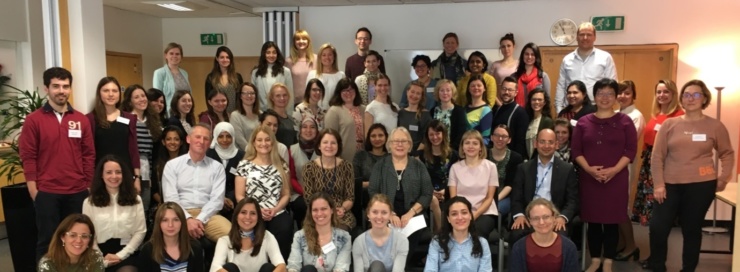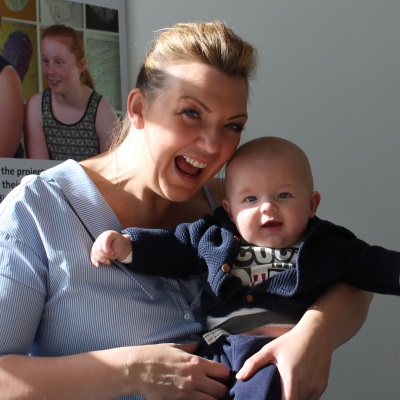Manchester to lead development of UK’s first rapid genetic test
Manchester is leading the development of a new genetic test that could identify the risk of, and therefore help to avoid, permanent antibiotic-related hearing loss in newborn babies.
Some babies can develop irreversible hearing loss when exposed to gentamicin – a commonly used antibiotic – due to an identified genetic predisposition. Antibiotic treatment should to be started within the first hour after admission, but currently there are no suitable tests to identify those at risk of hearing loss within this timeframe. It’s hoped that the new test could allow genetic results to be available within an hour, and be performed at the patient’s bedside.
Professor Bill Newman will lead the consortium, which will work closely with parents of children previously treated on intensive care units.
We look forward to working with our colleagues in Manchester and Liverpool to assess the impact of rapid genetic testing as a method of avoiding irreversible hearing loss in babies treated with antibiotics. Successful implementation would be a first in the integration of a rapid decision making, genetic-based diagnostic in the UK NHS.
— Professor Bill Newman
Further detailare available from a news article on the Manchester Biomedical Research Centre website.
Manchester-led dysmorphology course a success

The 9th “Dysmorphology in the Genomics Era” course, held in Manchester at the Nowgen Centre, was a resounding success. Already a leading centre for clinical genomics in Europe, MCGM demonstrated the increasingly global reach, with attendees coming from the USA, Saudi Arabia, India, Malaysia, Palestine, and Argentina. The faculty was almost all Manchester-based from the University of Manchester, and MCGM. 14 scholarships were awarded from the European Society of Human Genetics (ESHG) and the European Reference Network, ERN-Ithaca.
The course organisers were Professor Dian Donnai, Dr Sid Banka, Dr Sofia Douzgou, and Professor Jill Clayton-Smith.
Read more about the course on the Research & Innovation website.
Genetic test could give women a more accurate breast cancer risk

New research led by Professor Gareth Evans, Consultant in Medical Genetics and Cancer Epidemiology at Saint Mary’s Hospital, has published findings in the JAMA Oncology Journal on the effectiveness of a genetic test; SNP18, as a more accurate predictor of breast cancer.
Researchers found that when the SNP18 genetic test, combined with mammograms and risk assessment questionnaire, provides a more accurate risk analysis and can accurately identify women who may benefit most from preventive therapy of additional screening.
Read more about the genetic test on the Trust’s Research & Innovation website.
International research grant awarded to Manchester Centre for Genomic Medicine
US-based company FDNA have awarded the Manchester Centre for Genomic Medicine a Centers of Research Excellence grant, providing funding to next-generation phenotyping (NGP) research. It will also bring FDNA’s Face2Gene facial analysis technology to the centre, ushering in a new era of precision medicine.
Led by Prof Jill Clayton-Smith, Consultant Clinical Geneticist at Saint Mary’s Hospital and Honorary Professor in Medical Genetics at The University of Manchester, and Dr Sophia Douzgou, the Manchester Centre will use FDNA’s Face2Gene suite of applications for research and clinical evaluations of patients.
Read more about MCGM’s research grant on the Trust’s Research & Innovation website


